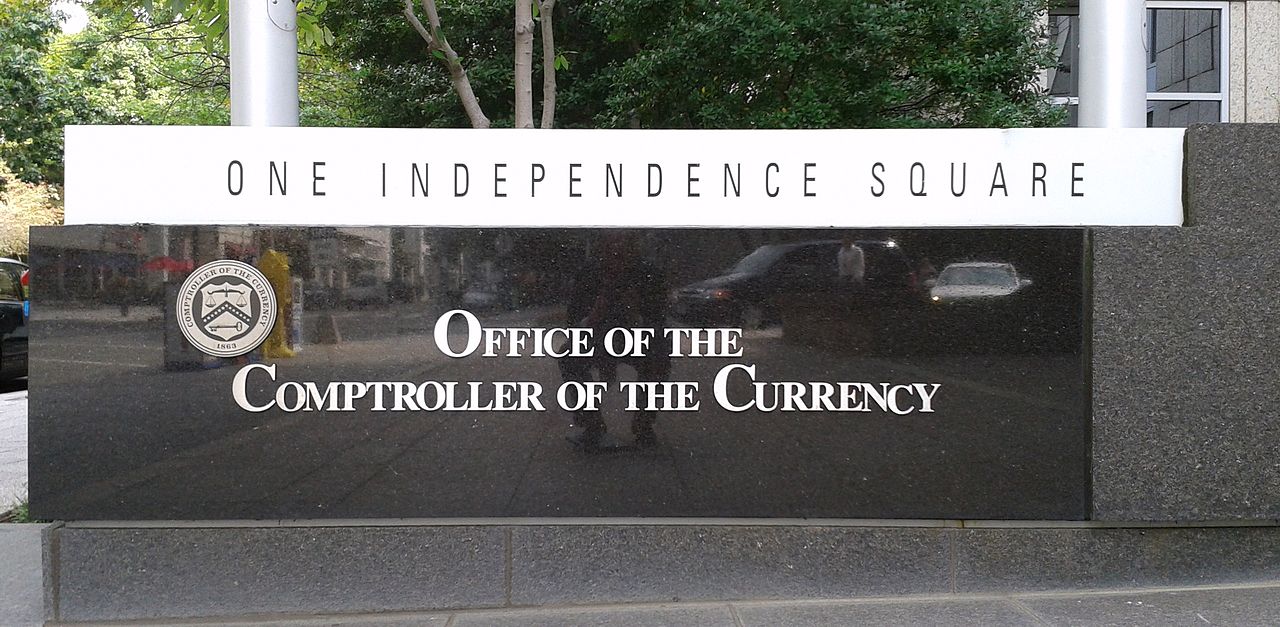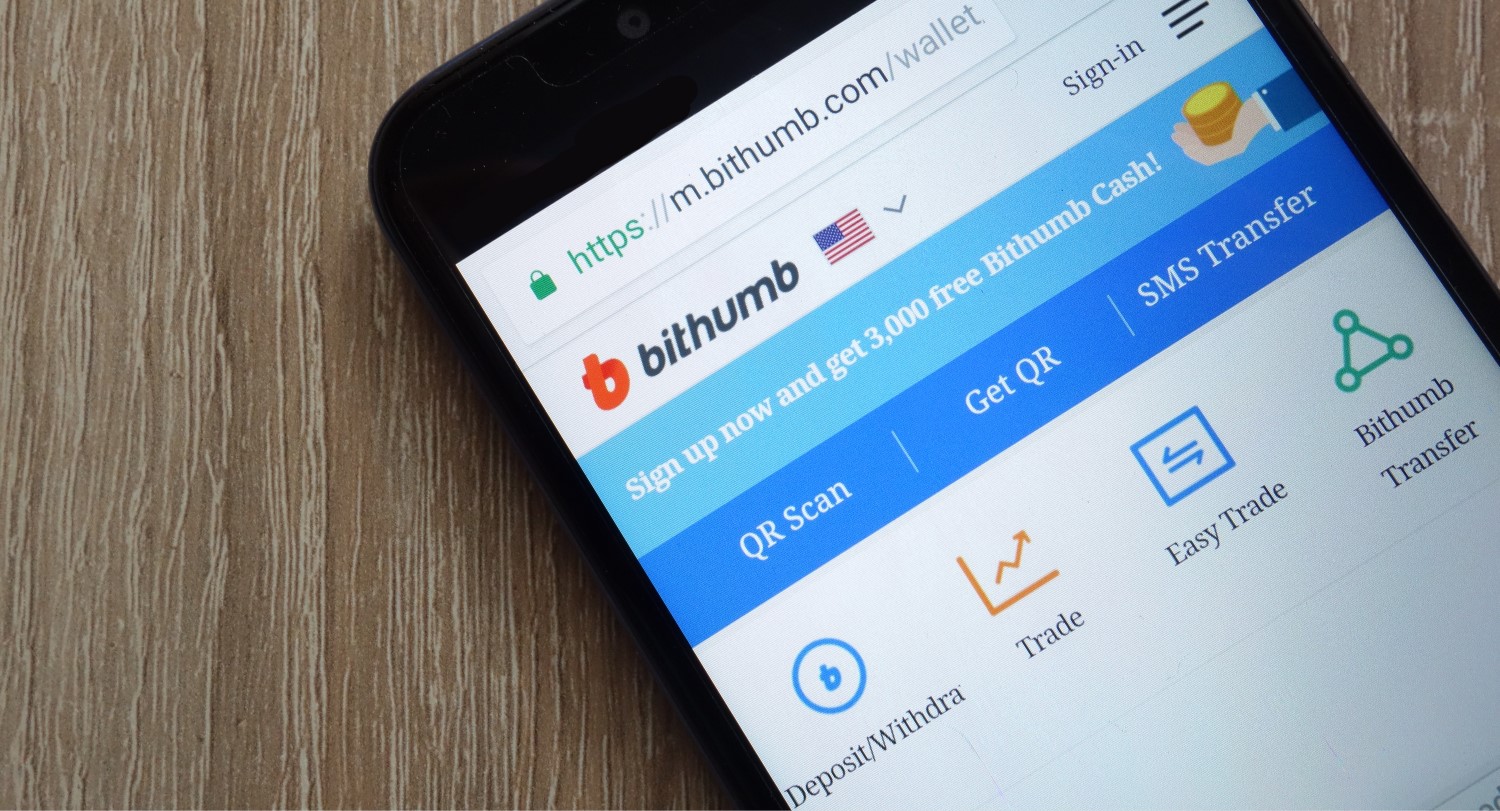Big Tech Signs Rare Open Source Pledge to Boost Supplies During COVID
Open sourcing patents will enable the development and iteration of essential goods, which otherwise would be stymied by copyright law. Photo by engin akyurt on Unsplash
Big Tech Signs Rare Open Source Pledge to Boost Supplies During COVID
As pressure mounts to reopen closed economies, it’s becoming clear that the tools states and individuals need to manage the coronavirus pandemic are still in short supply, or worse, not even invented.
One bottleneck to the mass production of critical goods, from antibody (or serology) tests to face masks, necessary to keep the public safe is copyright law. These chokeholds held over the world of atoms and the world of bits are preventing the appropriate response to a global pandemic, said Mark Radcliffe, a partner at DLA Piper, a global law firm.
“It’s not just people in universities but commercial companies that are hesitant to build tools, unless they have the rights that they need,” he said. “They’re constantly looking over their shoulder, afraid of getting sued.”
That’s why Radcliffe helped author the Open COVID Pledge, an initiative to open source patents held by universities, companies and others to support the development of medicines, test kits, vaccines, and yes, contact tracing tools. “It is a practical and moral imperative that every tool we have at our disposal be applied to develop and deploy technologies on a massive scale without impediment,” the pledge reads.
Those that sign the pledge are asked to give free license to their intellectual property, which otherwise would stymie independent development of potentially-lifesaving goods. Today, Amazon, Facebook, Hewlett Packard Enterprise, IBM, Microsoft and Sandia National Laboratories have announced their participation.
Launched earlier this month, Mozilla and Creative Commons had already signed on, with Intel alone freeing up over 72,000 patents for public use, Radcliffe said. With today’s additions, the pledgers hold hundreds of thousands of patents that are now available on a temporary basis.
The idea is to make it broadly available on a royalty free basis so people don’t have to worry about being sued.
Open source development enables a swifter response than traditional and proprietary development to supply crises. “It allows people to iterate and make improvements rapidly if you can’t get access to all the parts you need,” Radcliffe said.
In Italy, during the height of the country’s pandemic, 3D printers were put to use producing much-needed ventilators. That is, until the project butted up against copyright infringement.
The “ad hoc” group of legal experts and scientists leading the Open COVID project have written a draft licensing agreement, the Open COVID License 1.0, as a template for immediate use, though companies can also create a custom legal arrangement. “The idea is to make it broadly available on a royalty free basis so people don’t have to worry about being sued,” Radcliffe said.
The terms of the license will be effective retroactively from Dec. 1, 2019 and sunset one year after the World Health Organization calls the end of the pandemic. “Once this is over, companies will have to work together to come up with commercially reasonable license terms. And [companies like] Intel will also be able to reassert their intellectual property rights,” he said.
The pledge is not designed to be applied to a particular project or product, but to give “all teams the confidence that they won’t get sued,” Radcliffe said.
Disclosure Read More
The leader in blockchain news, CoinDesk is a media outlet that strives for the highest journalistic standards and abides by a strict set of editorial policies. CoinDesk is an independent operating subsidiary of Digital Currency Group, which invests in cryptocurrencies and blockchain startups.









